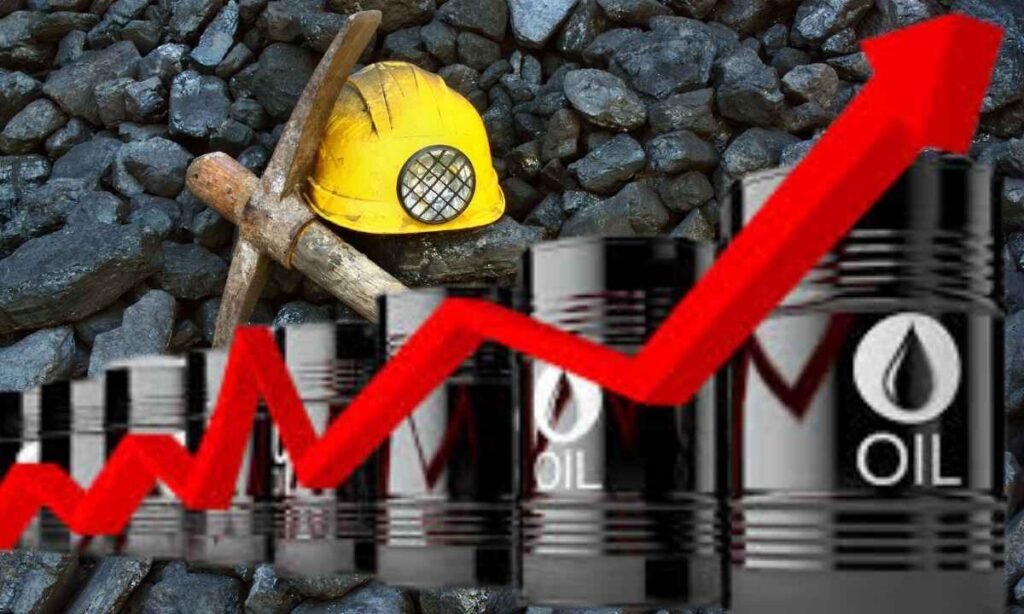Crude oil prices have risen sharply this week, due to increasing tension between Israel and Iran. This is making people around the world very worried because it could lead to bigger problems and can affect the oil prices in the future. The spike comes amid mounting geopolitical tensions.
What’s Happening Between Iran And Israel?
Iran and Israel are the countries that have been in conflict between them for a long time. Oil prices spiked by 13% very quickly after Israel hit Iran’s Nuclear Facilities and Uranium Enrichment sites on Friday last week.
On this Tuesday, the two main oil benchmarks- Brent North Sea Crude price rose over 4% to $76.45. On the other hand, West Texas Intermediate(WTI) hit $74 per barrel. The price of the oil still rose on Wednesday, too. The market reaction reflects deepening concerns that the ongoing conflict could escalate, potentially drawing in the United States and threatening oil flows from the Middle East, a region that supplies a significant share of the world’s crude.
Why This Oil Crisis Matters?
The issue of rising prices is a major concern for people, as oil is essential for running many industries. Iran is the third-largest oil producer in OPEC and supplies about 4% of the world’s oil. Recently, Israeli airstrikes have targeted Iranian energy facilities. If Iran retaliates by blocking the Strait of Hormuz, it could potentially disrupt nearly 20% of the global oil trade.
What Is The Impact of the Global Market?
- Due to all the price rises in oil, the U.S. stock markets dropped on Tuesday. As the price rises, the S&P and Nasdaq both saw losses.
- A price rise in oil could increase inflation, especially for countries like India that import a lot of oil from these countries.
- For India, its current account deficit may widen by 0.4 % of the actual GDP. And, there are chances it could go up to 0.4%.
What Are The Effects of an Oil Price Rise On Industries?
As we all know, the crude oil soared, already affecting the US Market, and the stocks and investors were falling. Sectors reliant on oil, such as transportation and manufacturing, are likely to face increased input costs, while oil marketing companies may see margin pressures if they are unable to pass on the full extent of price hikes to consumers.
What Next In the Oil Crisis?
The future of oil prices depends on how the Iran-Israel situation may unfold in the coming period of time. If there were more violence or US military involvement, the price could rise even further and create problems for the people on a global level.
OPEC+ expects global economic growth in the 2025 second half. With this they has lowered its forecast for oil supply growth outside their alliance in the coming future. And, now everyone from the government to the commo people, all of them watching the situation very closely.
Also Read :
Trump Announces 60-Day Gaza Ceasefire Plan with Israel’s Support: What Comes Next?
